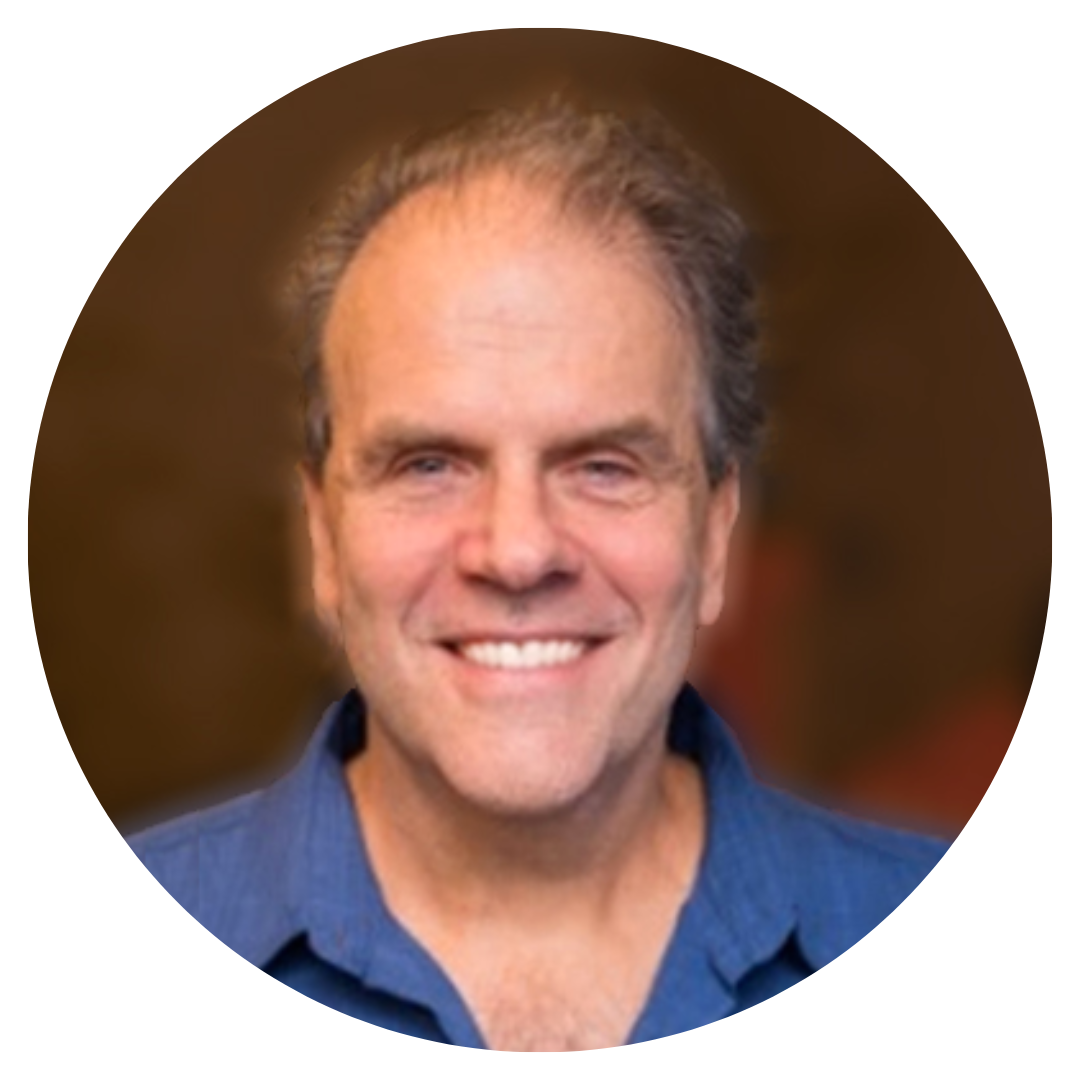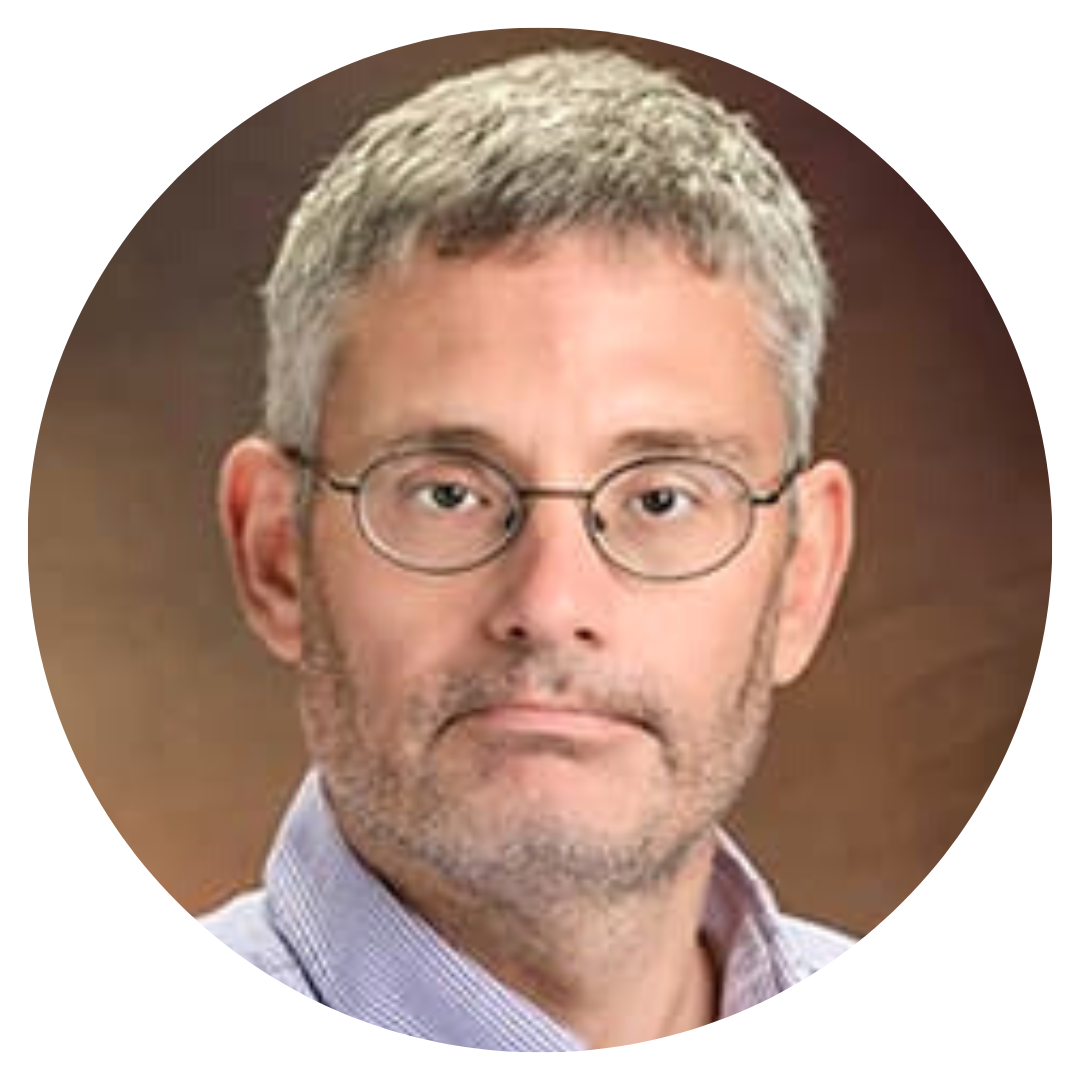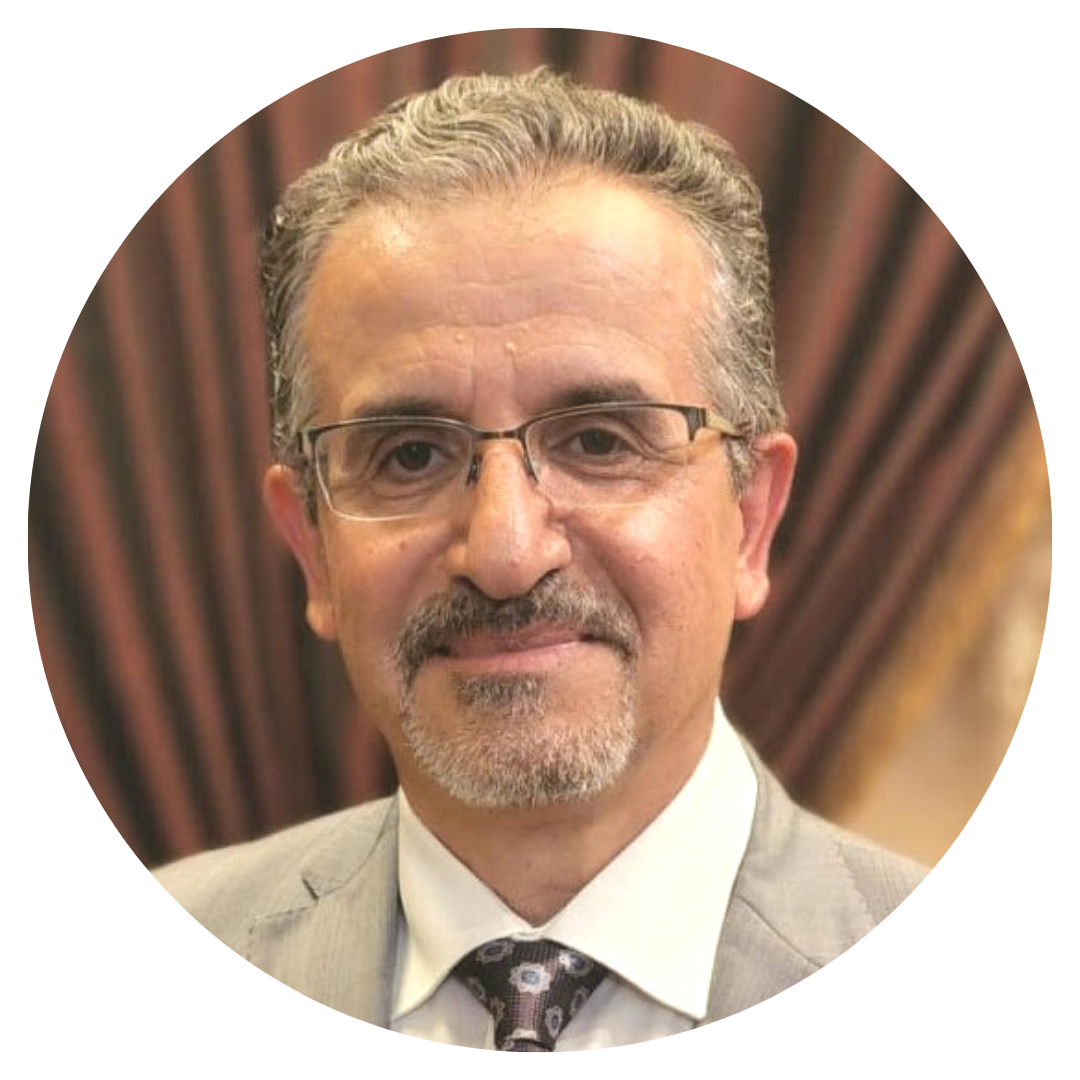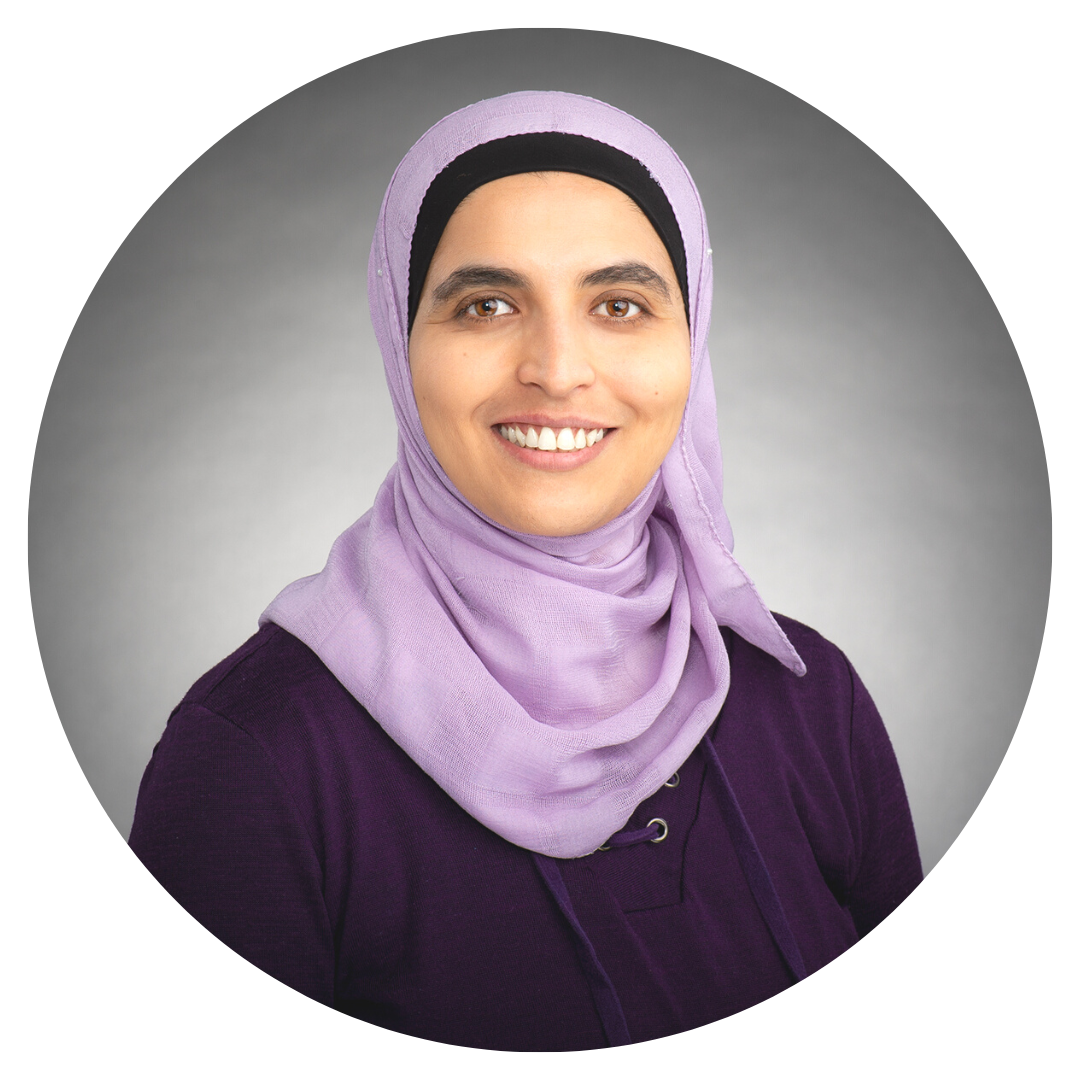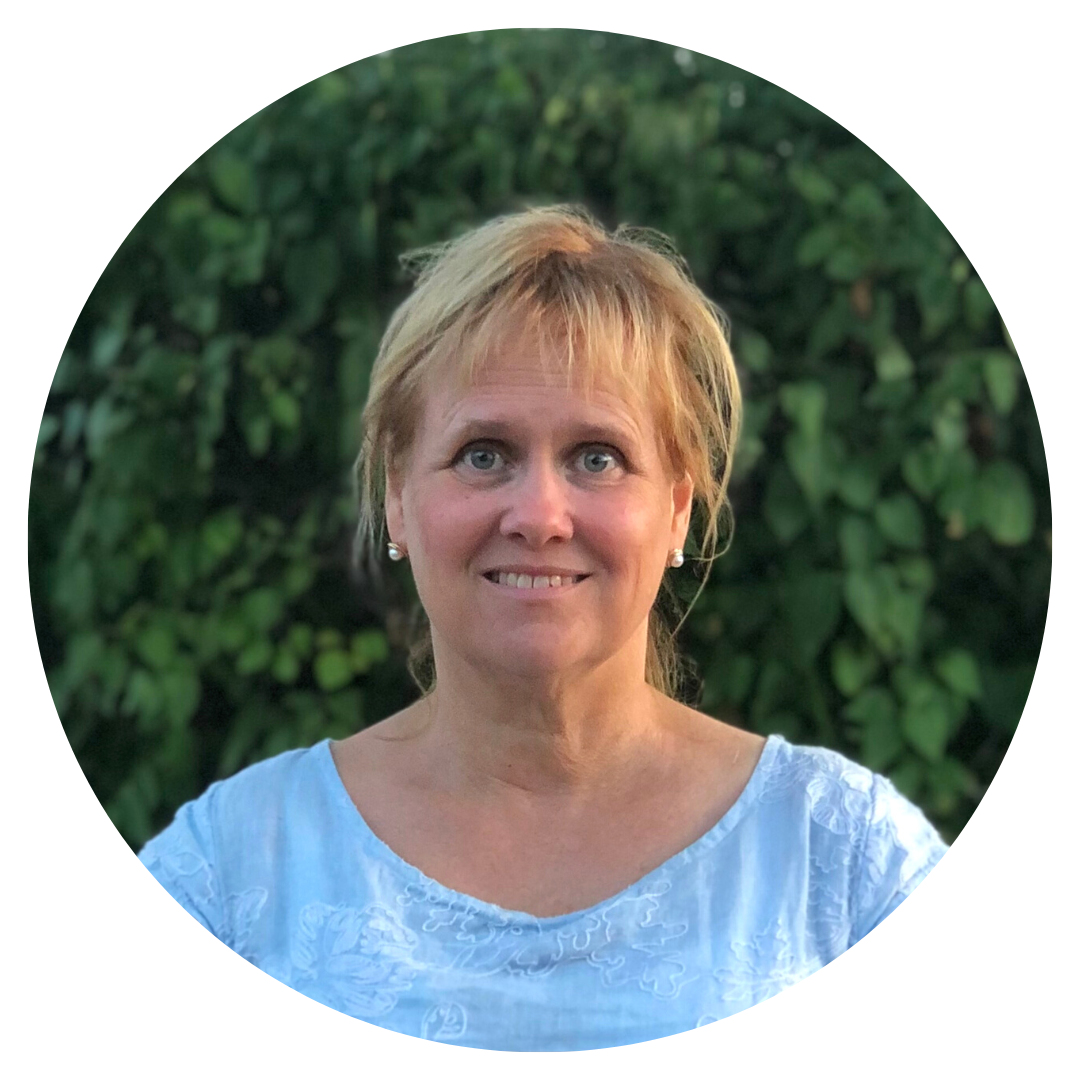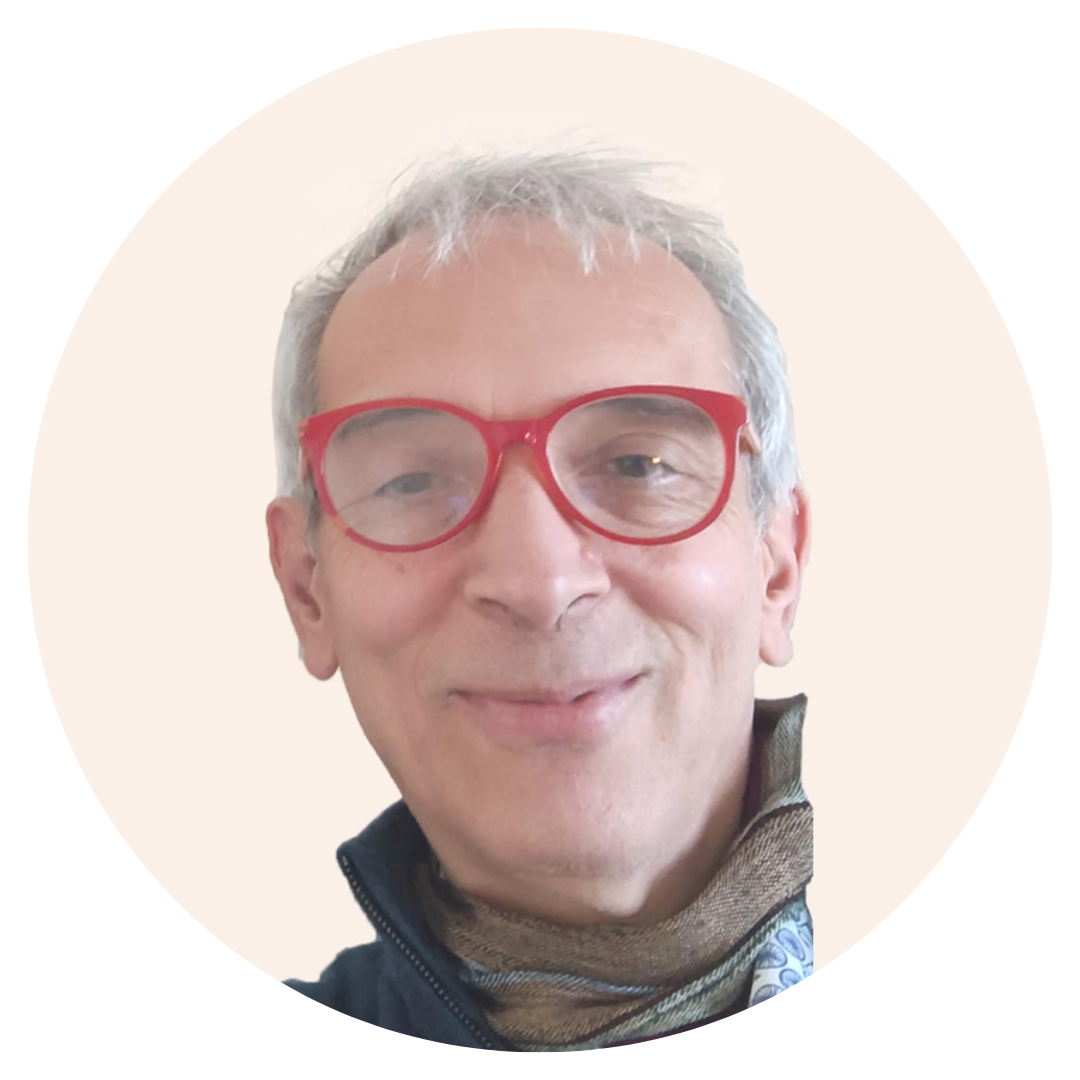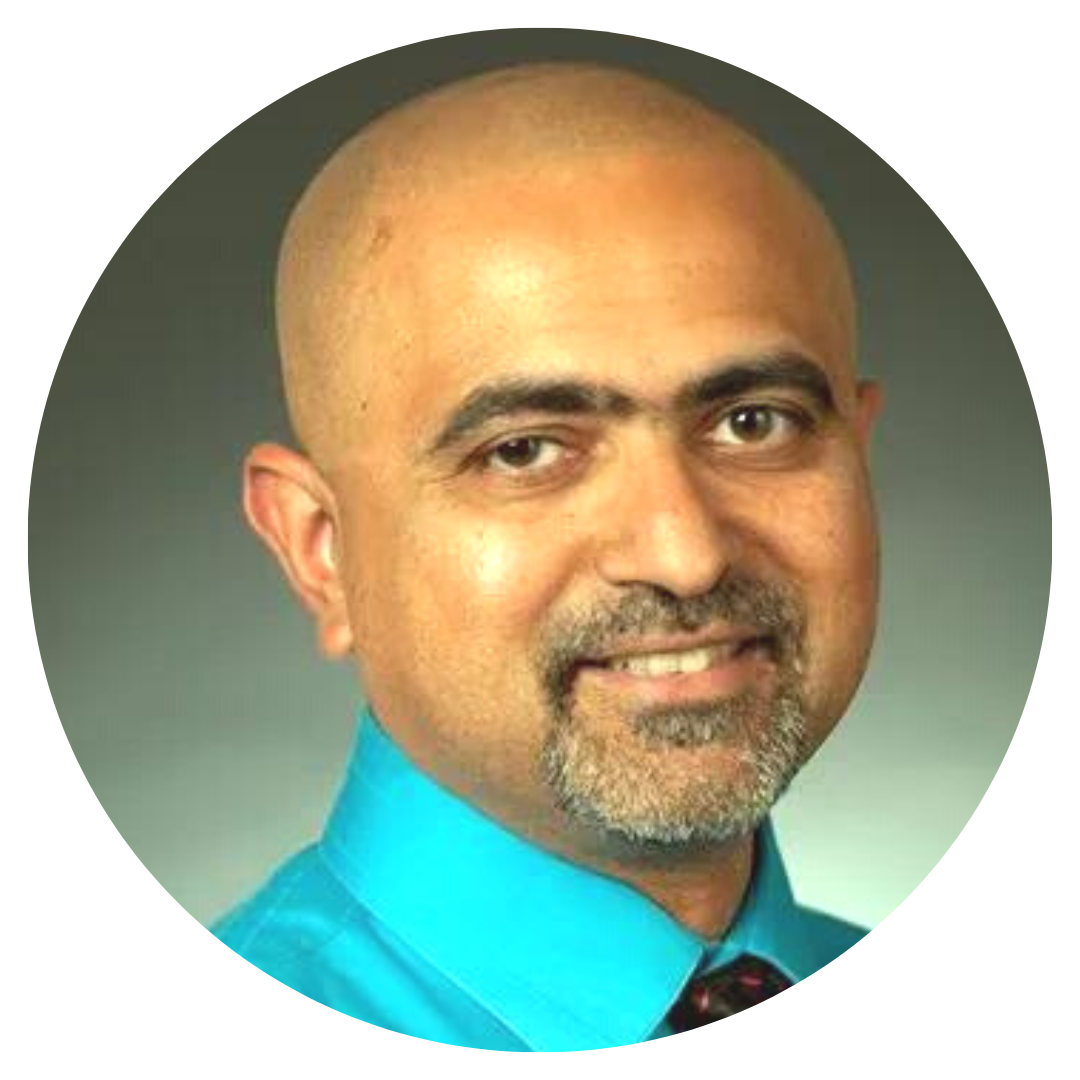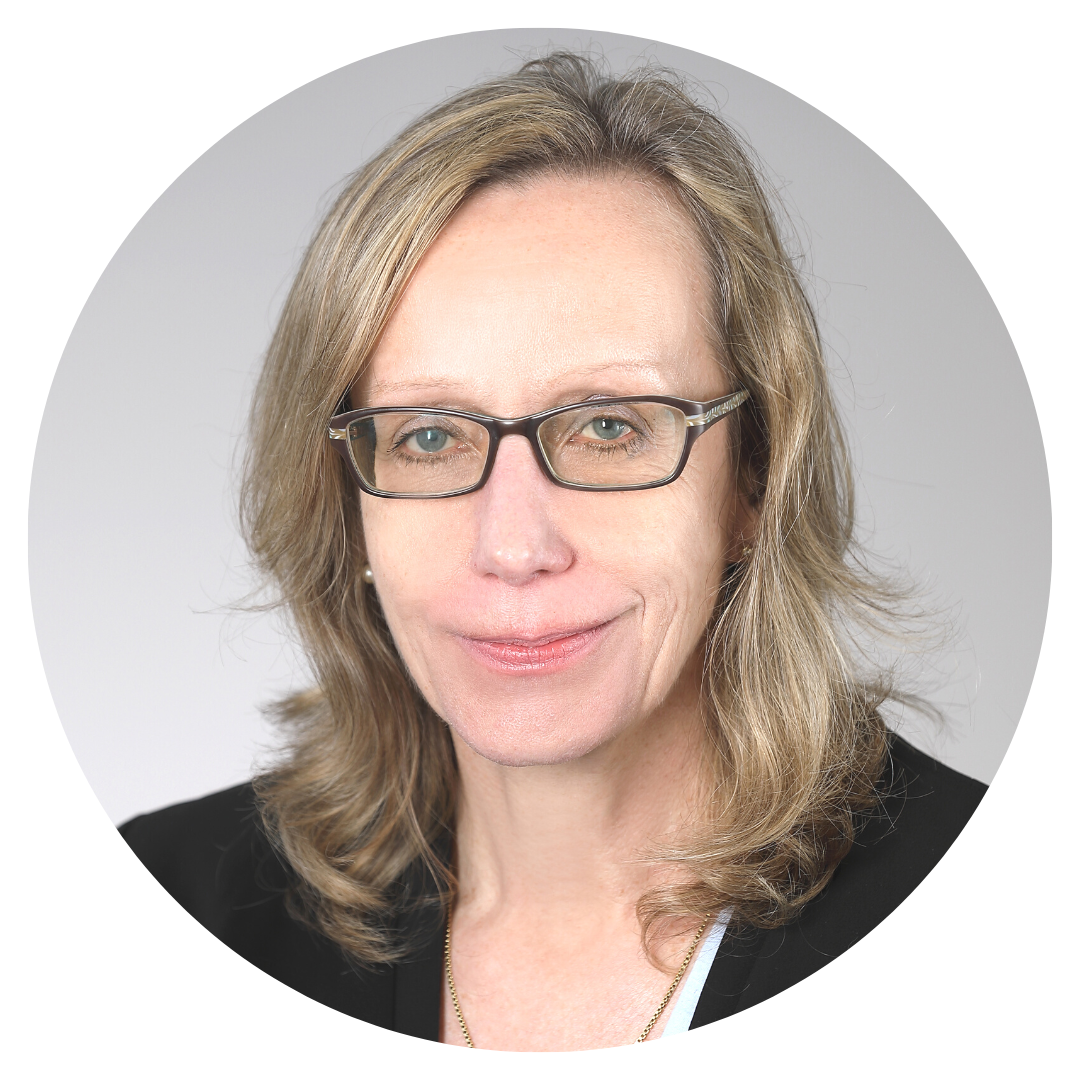2022 SPEAKERS
(in chronological order)
SUNDAY, SEPTEMBER 18, 2022
HLH Educational Session Speakers
Rebecca Marsh | Dr. Rebecca Marsh is a Professor of Clinical Pediatrics affiliated with the University of Cincinnati and an Immunologist and Bone Marrow Transplant Physician at Cincinnati Children’s Hospital. She is Co-Director of the Diagnostic Immunology Laboratory, Director of the Primary Immune Deficiency Program, and Clinical Director of the HLH Center of Excellence at Cincinnati Children’s Hospital. Dr. Marsh’s clinical and research interests center around HLH, XIAP deficiency, inborn errors of immunity, and allogeneic hematopoietic cell transplantation for patients with inborn errors of immunity. |
|
Kim Nichols | Dr. Kim Nichols is a Full Member in the Department of Oncology at St. Jude Children’s Research Hospital, where she serves as Director of the Division of Cancer Predisposition and active member of the Histiocytosis and Immune Dysregulation Treatment Team. Dr. Nichols’ clinical and research interests focus on better understanding the molecular and cellular mechanisms underlying HLH and related disorders of the immune system and using this information to develop new and more effective therapies. Dr. Nichols has been a longstanding member of the Histiocyte Society, and she currently serves as Chair of the HLH Steering Committee, member of the Executive Board and President Elect of the Society. |
Rare Histiocytoses Educational Session Speakers
| Dr. Eli Diamond is an Associate Attending Neuro-Oncologist at Memorial Sloan Kettering Cancer Center. He is the Chair of the Rare Histiocyic Disorders Steering Committee of the Histiocyte Society and a member of the Board of Trustees of the Histiocytosis Association and Chair of the Science Committee of this Board. His clinical practice and research focus on the treatment of adults with various histiocytic neoplasms, with additional focus upon neurologic manifestations of disease. He is an NIH-funded principal investigator whose research spans molecular pathogenesis, therapeutics, symptomatology, and caregiver needs. |
|
LCH Educational Session Speakers
Matthew Collin | Matthew Collin is Professor of Haematology at Newcastle University and Newcastle Upon Tyne Hospitals. He received a PhD in 1992 and graduated in Medicine in 1995 from Oxford University. His research focuses the role of human monocytes, macrophages and dendritic cells in immunity and disease. He is a Wellcome Trust Senior Investigator and is funded by the MRC, Histiocytosis Association, Bright Red, and Histio UK. |
|
MONDAY, SEPTEMBER 19, 2022
Special Session with Her Majesty, Queen Silvia
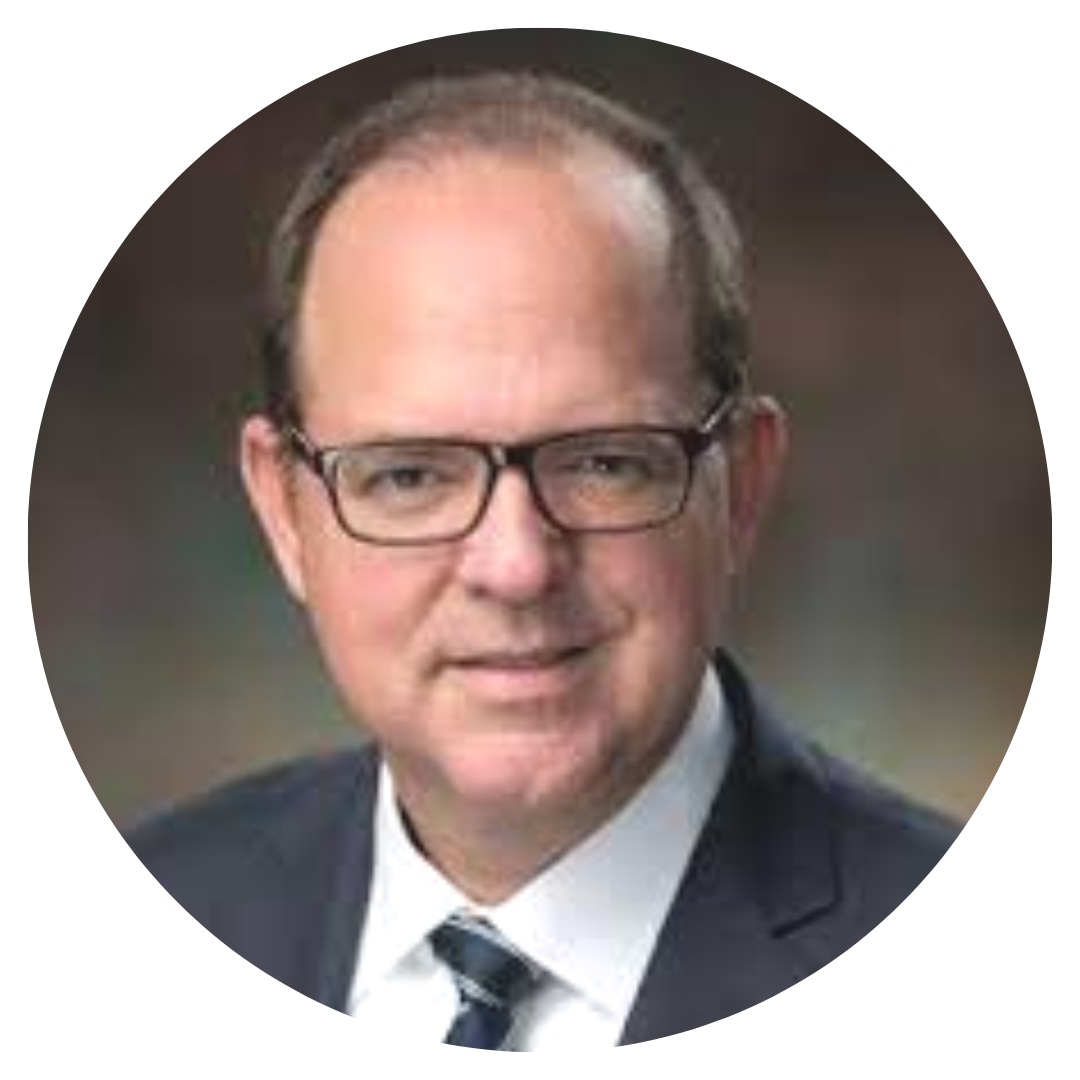 Carl Allen | Carl Allen, Professor of Pediatrics at Baylor College of Medicine, Co-Director of the Lymphoma and Histiocytosis Programs, along with his research group, focuses on clinical and translational research efforts to develop and test improved therapeutic strategies for children with histiocytic disorders, lymphoproliferative disorders and lymphomas. As Director of Research for Global HOPE, he is also working with colleagues to develop and deploy capacity-building initiatives for care of children with cancer and blood disorders in Sub-Saharan Africa. His overall professional goal is to improve outcomes for children with cancer and blood disorders by addressing areas of greatest unmet need through innovative research, collaboration and mentorship. Carl will be speaking on progress and challenges in LCH. |
Petter Brodin | Petter Brodin is Professor of pediatric immunology at Imperial College London and at Karolinska Institutet in Stockholm, Sweden. The Brodin lab (https://brodinlab.com/) develops and applies novel experimental and computational methods to describe human immune system variation with a particular interest in the immune systems of children, its development early in life, and its role in health and disease during childhood. After completing a MD/PhD program at the Karolinska Institutet, Brodin joined the Mark M Davis’s laboratory at HHMI, Stanford University School of Medicine as a postdoctoral fellow, investigating the contribution of heritable and non-heritable sources of variation in immune systems of twins (Brodin et al, Cell, 2015). Following this, Brodin returned to Sweden to establish a national facility for immunomonitoring at the Swedish infrastructure hub, Science for Life Laboratory. He also established his own research program applying systems-immunology methods to the study of immune system development early in life. The Brodin lab established a birth cohort and showed differences in early life adaptation between preterm and term infants (Olin et al, Cell, 2018), the global repertoire of maternal antiviral antibodies (Pou et al, Nat. Med, 2019) as well as the imprinting effect of select colonizing microbes such as bifidobacterial early in life (Henrick et al, Cell, 2021). The Brodin lab has also applied its technologies for systems-level immune system analysis during the COVID-19 pandemic to understand COVID-19 in children (Brodin, P, Immunity 2022), the immunology of MIS-C (Consiglio et al, Cell, 2020), LongCOVID (Brodin et al, Nature Medicine, 2022), and severe COVID-19 (Rodriguez et al, Cell Reports Med, 2020) and are active members of the global COVID-Human Genetic Effort (https://www.covidhge.com/). Petter will be speaking on immune system regulation and dysregulation in Covid-19 |
| Jan-Inge Henter earned an MD from Uppsala University 1980 and after internship in Uppsala he completed a fellowship in Pediatrics in Stockholm 1987. In 1990 he defended a PhD-thesis at the Karolinska Institutet with focus on hemophagocytic lymphohistiocytosis (HLH). He is specialized in Pediatric Hematology and Oncology, and Professor at the Karolinska Institute since 2004. He was Principal Investigator of the international HLH-94 and HLH-2004 studies. He also studied underlying biological and genetic defects in HLH. Another main interest is secondary forms of HLH. He has also interests in many other fields in medicine, including Langerhans cell histiocytosis as well as End-of-Life Care. He has received numerous prizes and co-authored more than 250 publications. He was President of the Histiocyte Society 2004-2007, and Founding President of the International Conference for Rare Diseases and Orphan Drugs (ICORD). During 2012 – Sept 2017 he was Director of Research and Education of the Karolinska University Hospital in Stockholm, Sweden. He describes himself as a curious and enthusiastic explorer of the World, and everything in it. Jan-Inge will be speaking on progress and challenges in HLH. |
HLH Symposium Presenters
Ulf Anderson | Ulf Anderson has served as a pediatrician in Stockholm since 1974, mainly as a pediatric rheumatologist. In parallel he performed basic studies in inflammation and immunology at Stockholm University and the Karolinska Institute. His PhD project, defended in 1982, dealt with ontogeny studies of human lymphocyte functions. He then focused on cytokines, alarmins and interactions between the central nervous system and the immune system. His major scientific contributions: a) inventor of globally used cellular methods enabling quantification of individual cytokine/ chemokine-producing cells by flow cytometry or imaging technology (Immunol Rev 119:65, 1991); b) co-discoverer with Kevin Tracey in New York of the central role of extracellular HMGB1 as the prototypical alarmin molecule (Science 285:248, 1999); spent 25 years on studies of HMGB1 biology aiming to identify means to target HMGB1 in pathological inflammation; identifying HMGB1 as a neurotransmitter released from nociceptors directing inflammation (PNAS 118:e2102034118, 2021); c) explorative studies together with Kevin Tracey during the latest two decades on the the cholinergic anti-inflammatory pathway (Annu Rev Immunol 30:313, 2012). Extracellular HMGB1 promotes inflammation, while acetylcholine prevents HMGB1 release and inhibits inflammation. Vagus nerve stimulation, via invasive or non-invasive methods, thus offers exciting novel clinical opportunities to control challenging inflammatory diseases (J Intensive Med. doi.org/10.1016/j.jointm.2022.02.001, 2022). Ulf will be presenting a talk entitled, "THE OUTCOME OF MACROPHAGE ACTIVATION SYNDROME IS DETERMINED BY AN INTERPLAY BETWEEN CELL DEATH MODE, HMGB1, AND ACETYLCHOLINE" |
Joe Carcillo |
David Teachey | David T Teachey, MD is a Professor of Pediatrics at the University of Pennsylvania Perelman School of Medicine and attending physician in the Division of Oncology at the Children's Hospital of Philadelphia. He is a laboratory-based physician scientist with a strong translational research focus in acute lymphoblastic leukemia and disorders of immune dysregulation. |
Presidential Symposium Speakers
Oussama Abla | Dr Oussama Abla is a Professor of Pediatrics at the University of Toronto and a pediatric oncologist at the Hospital for Sick Children in Toronto. He is the founder and Co-Director of the Pediatric Histiocytosis Program and a member of the Leukemia/Lymphoma section at the Hospital for Sick Children. His clinical and research interests focus on better understanding of the optimal treatment of Rare Histiocytic Disorders (RHD) especially Rosai-Dorfman disease, pediatric Langerhans cell Histiocytosis, acute promyelocytic leukemia (APL) and rare non-Hodgkin’s Lymphomas. He is the Co-Editor of the “Histiocytic Disorders” textbook, the Principal Investigator of the International Rare Histiocytic Disorders Registry (IRHDR) and the Canadian national coordinator of the LCH-IV Trial. He was the Chair of the Histiocyte Society-Rare Histiocytic Disorders Steering Committee for 10 years and currently remains as a member of this committee and served for two terms as a member of the Histiocyte Society-Education Committee. His other interests include promoting educational materials on LCH, RHDs and APL. Dr Abla has co-authored more than 120 publications and book chapters focused on pediatric histiocytoses and leukemia/lymphoma. He is also the founder and Co-Chair of the Asian-Middle Eastern (AME) Histiocytosis Network. Oussama will be presenting the abstract entitled, "TREATMENT OUTCOMES OF THE RARE HISTIOCYTIC DISORDERS: FIRST DESCRIPTIVE ANALYSIS OF THE IRHDR-REGISTRY" which has been nominated for the Nesbit Award in Clinical Science. |
Sabrin Albetuni | Dr. Sabrin Albeituni graduated in Biology from Birzeit University, Palestine and earned her PhD in Microbiology and Immunology in 2015 from the University of Louisville, KY. She then pursed her postdoctoral training in the laboratory of Dr. Kim Nichols at St. Jude Children’s Research Hospital in Memphis, TN. During her training she studied the mechanisms of JAK1/2 inhibition either alone or in combination with dexamethasone as a novel therapy for the treatment of HLH. She performed preclinical studies in murine models of HLH and found that the JAK1/2 inhibitor, ruxolitinib, ameliorates the clinical manifestations of disease in HLH through IFN-gamma dependent and independent mechanisms. Her work set the ground for a clinical trial that is being sponsored by St. Jude to use ruxolitinib for the treatment of HLH. Currently she is a Scientist in Dr. Nichols’ laboratory, and her main research focus is to investigate the cellular and molecular mechanisms governing the pathogenesis of HLH. In addition, she is working on finding novel targets to dampen inflammation in HLH. Sabrin will be presenting the abstract entitled, "IMPACT OF IMMUNOPROTEASOME INHIBITION IN PRECLINICAL STUDIES OF HEMOPHAGOCYTIC LYMPHOHISTIOCYTOSIS" which has been nominated for the Nezelof Award in Basic Science |
AnnaCarin Horne | AnnaCarin Horne MD, PhD is a pediatric rheumathologist with an interest in immune dysregulation, hyperinflammation and neuroinflammation. She earned her MD from Lund University and completed her clinical training at the Karolinska University Hospital, Stockholm, Sweden. Currently she is a senior consultant at the Karolinska. AnnaCarin defended her PhD-thesis at the Karolinska Institute with focus on hemophagocytic lymphohistiocytosis (HLH). Her interest and research activities have remained mainly within this syndrome. AnnaCarin will be presenting the abstract entitled, "LATE EFFECTS AFTER HEMATOPOETIC CELL TRANSPLANTATION IN PATIENTS WITH HEMOPHAGOCYTIC LYMPHOHISTIOCYTOSIS: A HISTIOCYTE SOCIETY AND PEDIATRIC DISEASE WORKING PARTY OF EBMT STUDY" which has been nominated for the Nesbit Award in Clinical Science |
Kevin McNerney | Dr. Kevin McNerney is a pediatric hematologist-oncologist and specializes in blood and marrow transplantation at the Johns Hopkins All Children’s Hospital Cancer & Blood Disorders Institute and is an Assistant Professor at Johns Hopkins School of Medicine.
Dr. McNerney earned his medical degree from the Geisel School of Medicine at Dartmouth in Hanover, New Hampshire. He completed a categorical pediatric residency from Yale New Haven Hospital in New Haven, Connecticut, followed by a fellowship in pediatric hematology-oncology and an advanced fellowship in pediatric cancer immunotherapy and bone marrow transplant from Children’s Hospital of Philadelphia (CHOP). He has a master’s degree in Translational Research from the University of Pennsylvania and completed the Cell and Gene Therapy clinical training program at University of Pennsylvania and the CHOP. Kevin will be presenting the abstract entitled, "CAR-ASSOCIATED HEMOPHAGOCYTIC LYMPHOHISTIOCYTOSIS (carHLH) IS ASSOCIATED WITH PRE-INFUSION INFLAMMATION AND HIGH DISEASE BURDEN AND PREDICTS POOR OUTCOMES FOLLOWING TISAGENLECLEUCEL IN PEDIATRIC B-ALL" which has been nominated for the Nesbit Award in Clinical Science |
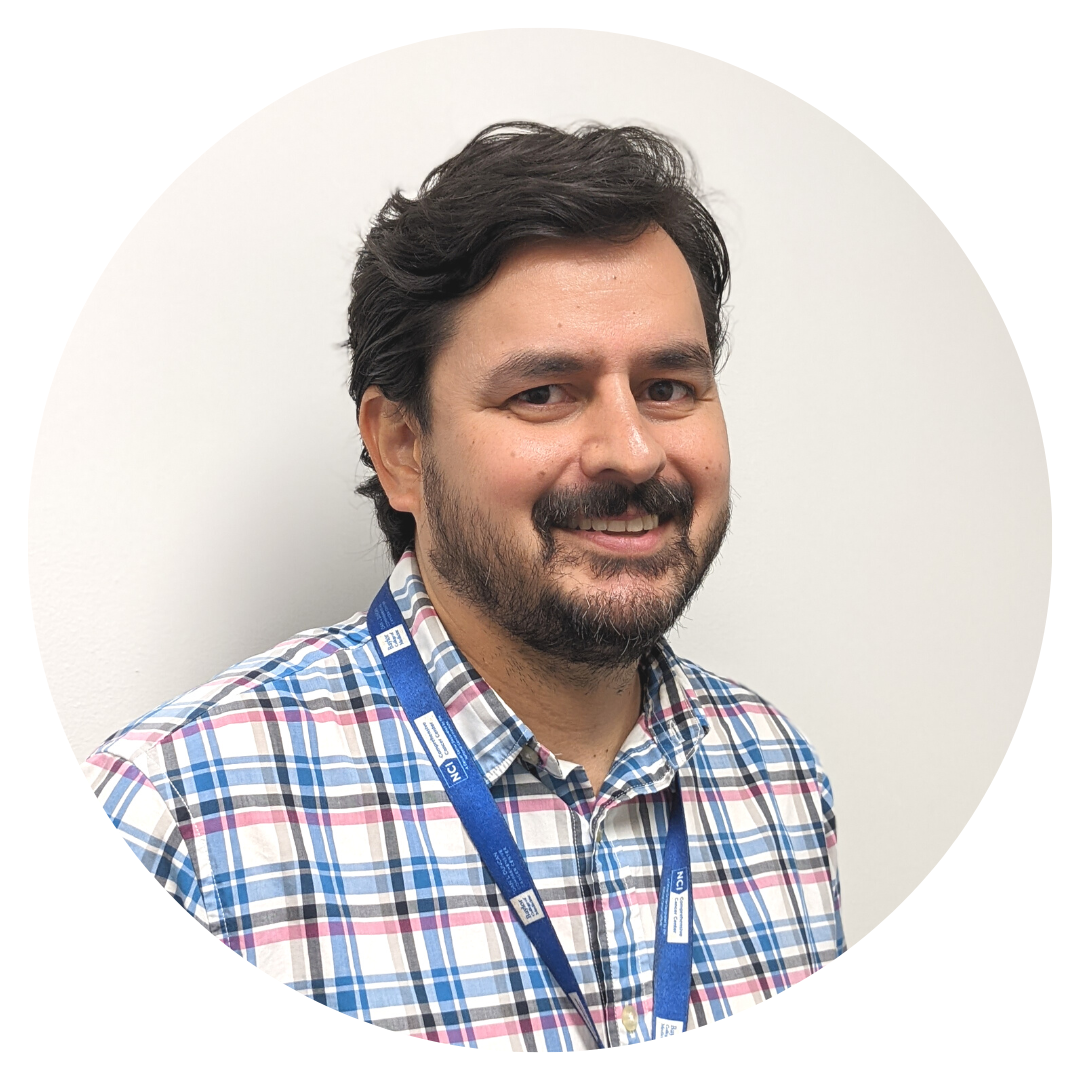 Brooks Scull Brooks Scull | Brooks Scull has been the Laboratory Director of the Texas Children’s Cancer Center Histiocytosis Program at Texas Children’s Hospital and Baylor College of Medicine in Houston, Texas for the past 10 years. His work has included large scale proteomic and biomarker studies of Langerhans cell histiocytosis (LCH), hemophagocytic lymphohistiocytosis (HLH), and pediatric Hodgkin lymphoma. He has also investigated the gene expression profile of HLH and alternative BRAF mutations of LCH. He is currently working to develop mouse models of myeloid and monocyte derived disorders for pre-clinical testing of therapeutic strategies. Brooks will be presenting the abstract entitled, "MYELOID PROGENITORS DEFINE EXTENT OF DISEASE IN MOUSE MODELS OF HISTIOCYTIC DISORDERS: BRAFV600E EXPRESSION IN MONOCYTE LINEAGE RECAPITULATES ERDHEIM-CHESTER PHENOTYPE " which has been nominated for the Nezelof Award in Basic Science |
C. Matthias Wilk | Matthias Wilk graduated from the University of Duesseldorf School of Medicine (Germany). Throughout his residency and clinical fellowships at the University Hospitals in Duesseldorf (Germany) and Zurich (Switzerland), Matthias was dedicated to experimental research in Hematology in addition to his clinical curriculum. Amongst others, Matthias studied the impact of Clonal Hematopoiesis on Long-Term-Survivors of Allogeneic Hematopoietic Stem Cell Transplantation and approaches to repurpose TPO agonists as chemosensitizers in Hematopoietic Stem Cell Transplantation. He also co-developed a humanized mouse model for Langerhans Cell Histiocytosis (LCH) that allows studying human LCH in a murine model suitable for drug testing. Fascinated by histiocytic disorders, Matthias then joined the laboratory of Miriam Merad at the Icahn School of Medicine at Mount Sinai in New York. In collaboration with the team of Carl E. Allen at the Texas Children’s Hospital in Houston, he is studying Neurodegenerative Disorders in LCH. Therefore, he developed different mouse models for histiocytic disorders that recapitulate key features of human neurodegenerative LCH. The models he developed do not only permit studies on the pathogenesis of neurodegenerative LCH but also allow testing therapeutic approaches for this condition. Matthias will be presenting the abstract entitled, "BONE MARROW-DERIVED BRAFV600E-MUTATED CELLS DRIVE NEURODEGENERATION IN A MOUSE MODEL OF LANGERHANS CELL HISTIOCYTOSIS" which has been nominated for the Nezelof Award in Basic Science |
TUESDAY, SEPTEMBER 20, 2022
John Pritchard Lecture on the Nikolas Symposium Speaker
Astrid van Halteren | Dr. Astrid van Halteren completed her master degree in Biomedical Sciences at the University of Amsterdam in 1991. After defending her PhD thesis in 1996 (Vrije Universiteit Amsterdam), she moved to the Leiden University Medical Center (LUMC), where she started to work in the hemato-oncology field before being introduced into the histiocytosis field in 2008. As a certified specialist in immunology, she became intrigued by the inflammatory component of histiocytosis lesions. Her research team has investigated characteristics of lesional T-cells, co-published on newly identified driver mutations, studied intracellular processing of neoantigens encoded by the most prevalent molecular alteration (BRAFV600E) and recently completed a multi-centre study addressing associations between the three most common mutations and clinical presentation of pediatric LCH. Two abstracts presenting the results of these studies have been nominated by the Histiocyte Society for the Nezelof Prize for best Basic Science (2015) and the Nesbit Prize for Best Clinical Science (2019). As off August 2022, she will be affiliated with the Centre for Histiocytic Disorders established at the Erasmus University Medical Center in Rotterdam, which is acknowledged by the ECD Global Alliance and the Dutch Federation of University Medical Centers. In this new position, she will implement molecular monitoring and central biobanking in conjunction to the diagnosis and treatment of adult histiocytosis patients. In addition, she will continue her research on the hematopoietic ‘cell-of-origin’, which is performed in close collaboration with the Princess Máxima Centre for Pediatric Oncology where she is appointed as co-PI. Her research aims at finding alternative ways to eradicate neoplastic stem/progenitor cells beyond conventional chemotherapy. Astrid will be presenting an update on the proceedings from the 2022 Nikolas Symposium. |
LCH Symposium Speakers
Jean Donadieu | Jean Donadieu, MD, PhD, is a pediatrician, Hemato oncologist and epidemiologist. After a fellowship in the pediatric immunology unit of Necker hospital, Paris (Pr Griscelli, Pr Fischer), appointed as pediatrician in the hemato oncologic department of Trousseau Hospital, Paris. Coordinator of the French histiocytosis registry since 1993 and coordinator of the pediatric branch of the French histiocytosis reference center. Authors of 97 papers in the field of histiocytosis till now. Former coordinator of the Euro histio net networks. Presently, member of the board of the European consortium for histiocytosis. In medicine, adept of evidence based medicine. In histiocytosis, hope to contribute to a global vision of the subject and a global management of the patients. |
Ashish Kumar | Dr. Ashish Kumar is a physician-scientist at Cincinnati Children’s Hospital Medical Center, and Professor of Pediatrics at the University of Cincinnati College of Medicine in the division of Bone marrow transplant and Immune Deficiency. At Cincinnati Children’s, he is the co-director of the Histiocytosis Center, and director of the fellowship training program in pediatric hematology-oncology. Ashish will be presenting on early/upfront inhibitor use. |
Brigitte Widemann | Dr. Brigitte Widemann oversees and active basic, translational and clinical research program for children and young adults with hematologic and solid malignancies s chief of NCI’s POB . Dr. Widemann joined the NCI in 1992 as a pediatric hematology oncology fellow after having obtained her MD and completed pediatric residency at the University of Cologne in Germany. Her research has been focused on drug development and early clinical trials for children with refractory solid tumors or genetic tumor predisposition syndromes, in particular neurofibromatosis type 1 (NF1). The work of her research team on NF1 resulted in the first U.S. Food and Drug Administration approved medical therapy, the MEK inhibitor selumetinib, for children with NF1 and inoperable, symptomatic plexiform neurofibroma. She received tenure at the NIH in 2009 and became the Chief of the POB in 2016. Dr. Widemann is a member of the Association of American Physicians and recipient of the AACR-Joseph H. Burchenal Award for Outstanding Achievement in Clinical Cancer Research. She has authored more than 200 original scientific papers, reviews, and book chapters, and has conducted many clinical trials. Brigitte will be presenting a talk entitled MEK INHIBITORS IN PEDIATRIC ONCOLOGY AND RARE DISEASES: CURRENT ROLES AND FUTURE RESPONSIBILITIES. |
Meet the Expert - LCH Speaker
Milen Minkov | Dr. Milen Minkov, M.D., Ph.D. is currently full professor for specialized pediatrics at the Sigmund Freud University, Head of the Clinic of Pediatrics and Adolescent Medicine at Clinic Floridsdorf of the Vienna Healthcare Group, as well as, Consultant for Pediatric Hematology and Chair of the International LCH Study Reference Center at St. Anna Kinderkrebsforschung, Children’s Cancer Research Institute in Vienna, Austria. Dr. Minkov graduated with honors from the Russian State Medical University, Moscow, in 1991 and completed his residency and fellowship in pediatrics and pediatric hematology (1991-1995) at the Russian Federal Institute for Pediatric Hematology in Moscow. His medical training at the Faculty of Pediatrics of the State Medical University in Moscow and the residency in general pediatrics in large central hospitals of the Russian Federation gave him an encounter to rare diseases and a pediatric training unique in its breadth and depth. Professor H. Gadner in the internationally renowned St. Anna Children’s Hospital in Vienna trained him in pediatric hemato-oncology (1995-2000). This particular field of pediatrics became the focus of his further clinical and scientific career. In his professional career since 1991, Dr. Minkov provided clinical care, supervised trainees, conducted clinical research at the Children’s Cancer Research Institute, and was PI of several international trials. He has been actively teaching and mentoring medical students at the Medical University of Vienna since 1997 (Assistant Professor 1997-2007, Assoc. Professor 2007-2012, and Professor of Pediatrics since 2012). Since 2012, he has been a mentor at the Open Medical Institute of the American-Austrian Foundation. In 2017, the Sigmund Freud University in Vienna appointed him a full professor for specialized pediatrics. Dr. Minkov´s clinical experience covers the full spectrum of pediatric hematology/oncology. His research has been focused on LCH and other histiocytoses. His scientific treatise encompasses over 100 peer-reviewed papers, six book chapters, contributions to clinical guidelines, and consensus papers. Dr. Minkov was in 1997 the first recipient of the Mark Nesbit Award for Clinical Science of the Histiocyte Society. For his merits, he was awarded the title “honored professor” of the Federal State Research Center of Pediatric Hematology, Oncology, and Immunology in Moscow in 2016. He was president of the Histiocyte Society 2016-2019 and is currently president of the European Consortium for Histiocytosis (ECHO). He is a member of several professional societies and networks and a medical advisor of patient and parent organizations. |
Meet the Expert - HLH Speaker
|
Meet the Expert - Rare Histiocytoses Speaker
Julien Haroche | Dr. Julien Haroche is a professor in internal medicine, at Pitié-Salpêtrière hospital, Paris, France. Since 2003, his main research field is Erdheim-Chester disease (ECD) upon which he has acquired a word-renowned experience. To date, he has seen more than 380 patients followed at his institution. His other research fields are the other histiocytoses, such as Langerhans cell histiocytosis, mixed histiocytoses (LCH & ECD) and Rosai-Dorfman disease. He is also interested in vasculitis, systemic lupus and antiphospholipid syndrome. During the past 15 years, he has described most relevant clinical and radiological aspects and increased the awareness of ECD; he has showed that interferon α was a first line efficient therapy. His team was the first to used targeted therapies in adult patients with histiocytoses in 2012. Since then more than 175 patients have received BRAF and/or MEK inhibitors at his institution. |
_Transparent.png)

 Despina Moshous
Despina Moshous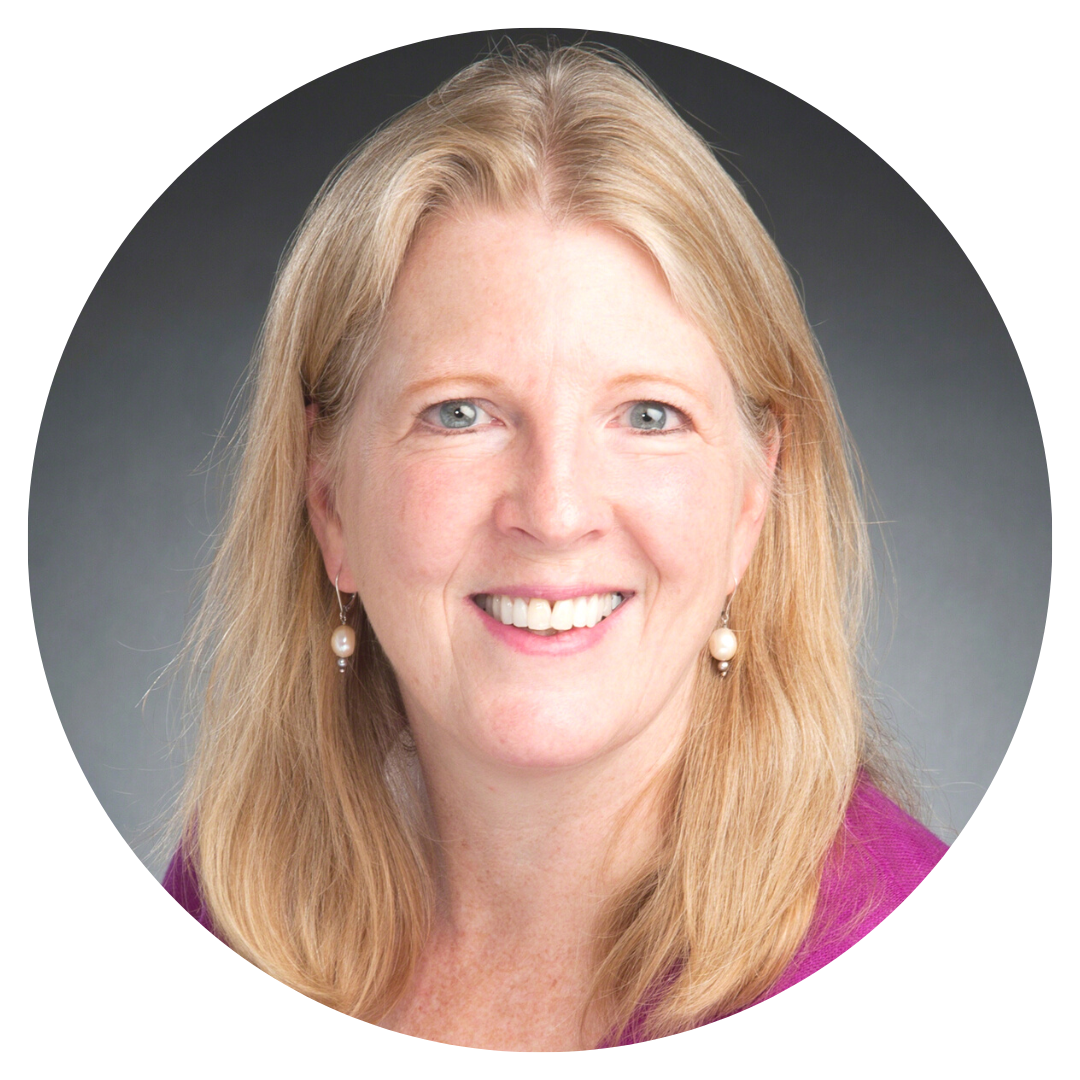
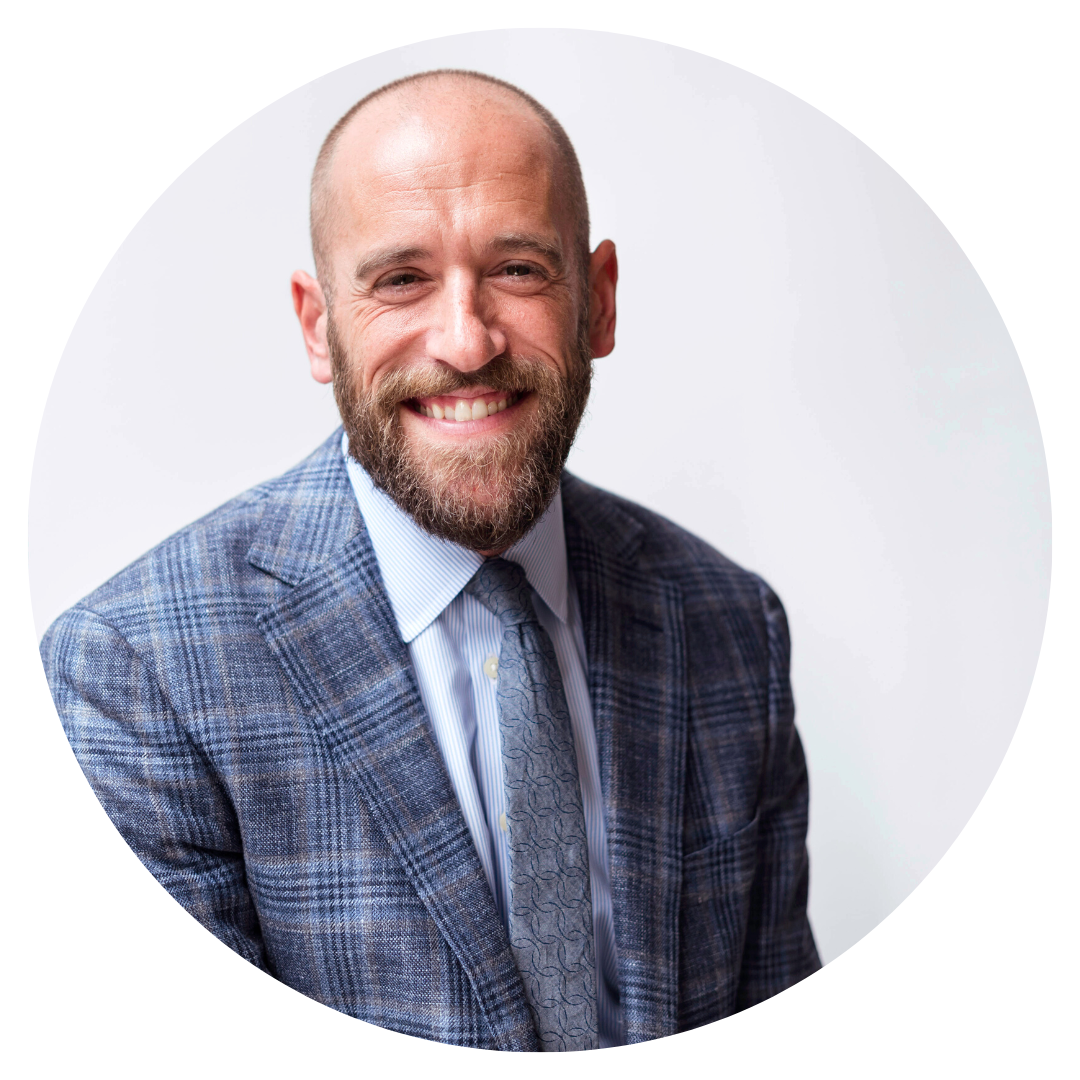
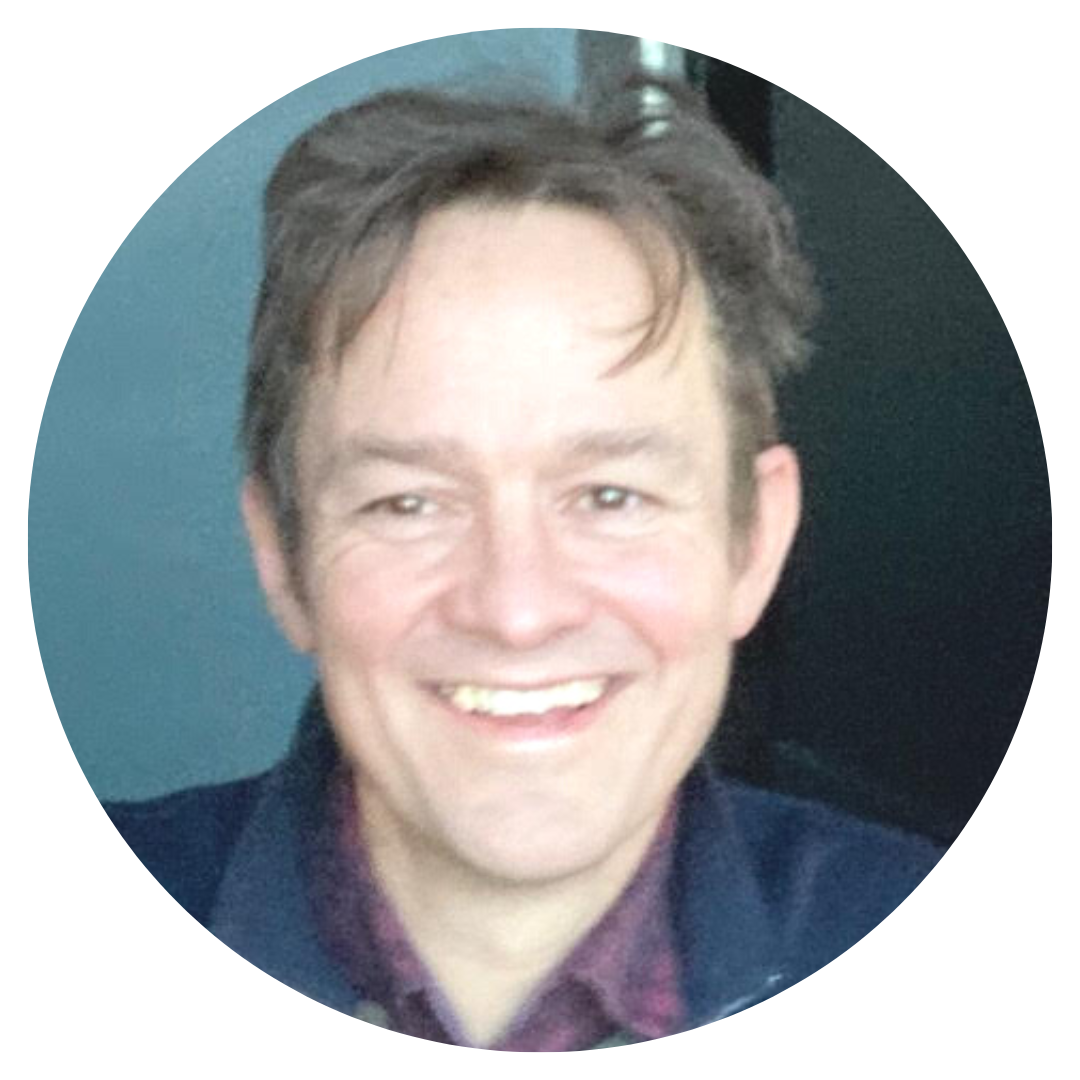
 Caroline Hutter
Caroline Hutter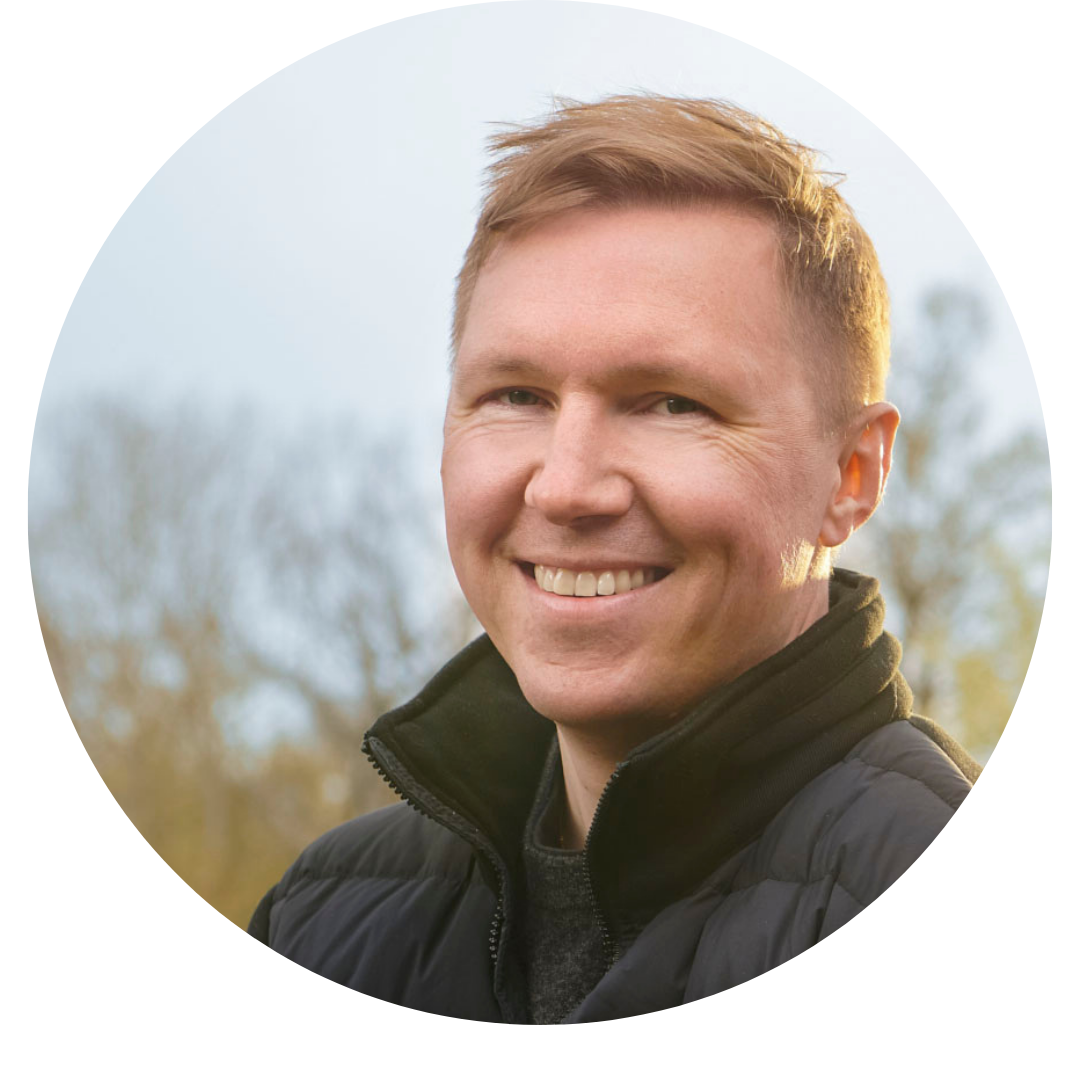
 Jan-Inge Henter
Jan-Inge Henter
